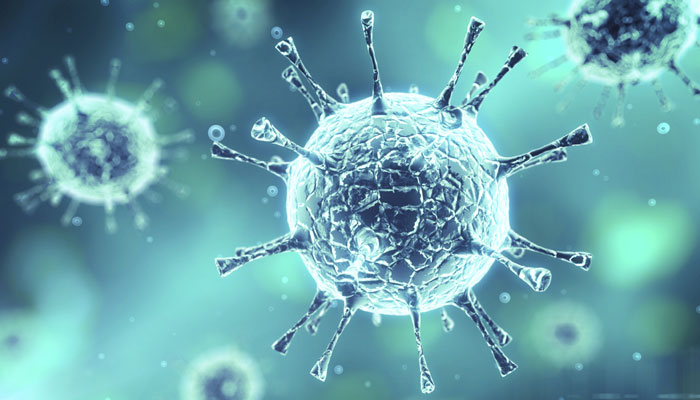Read this article to learn about the (1) Definition (2) Characteristics of viruses
Viruses are ultra-microscopic, non-cellular living particles, composed solely of a nucleic acid (DNA or RNA) core, surrounded by a protein envelope called capsid.
Characteristics of Viruses:
The major distinguishing characteristics of viruses are given below.
1. They are non-cellular and very simple in structure, consisting mainly of a nucleic acid surrounded by a protein envelope called capsid. Therefore, a unit of virus is referred to as ‘a virus particle’ rather than ‘a virus cell’.
2. They are devoid of the sophisticated enzymatic and biosynthetic machinery essential for independent activities of cellular life. Therefore, they can grow only inside suitable living cells. That is why; they are cultivated in the laboratory only inside living cells, unlike bacteria and fungi, which can be cultivated in the laboratory on non-living matter like nutrient agar.
3. They are ultra-microscopic and can only be visualized under electron microscope.
4. They do not increase in size.
5. They can pass through filters, through which bacteria cannot pass.
6. A virus is called either ‘DNA virus’ or ‘RNA virus’ depending on whether it contains the nucleic acid DNA or RNA. A virus cannot have both DNA and RNA
Viruses: Definition and Characteristics | Microbiology
![Viruses: Definition and Characteristics | Microbiology]() Reviewed by Rajkumar
on
October 30, 2017
Rating:
Reviewed by Rajkumar
on
October 30, 2017
Rating:


No comments: